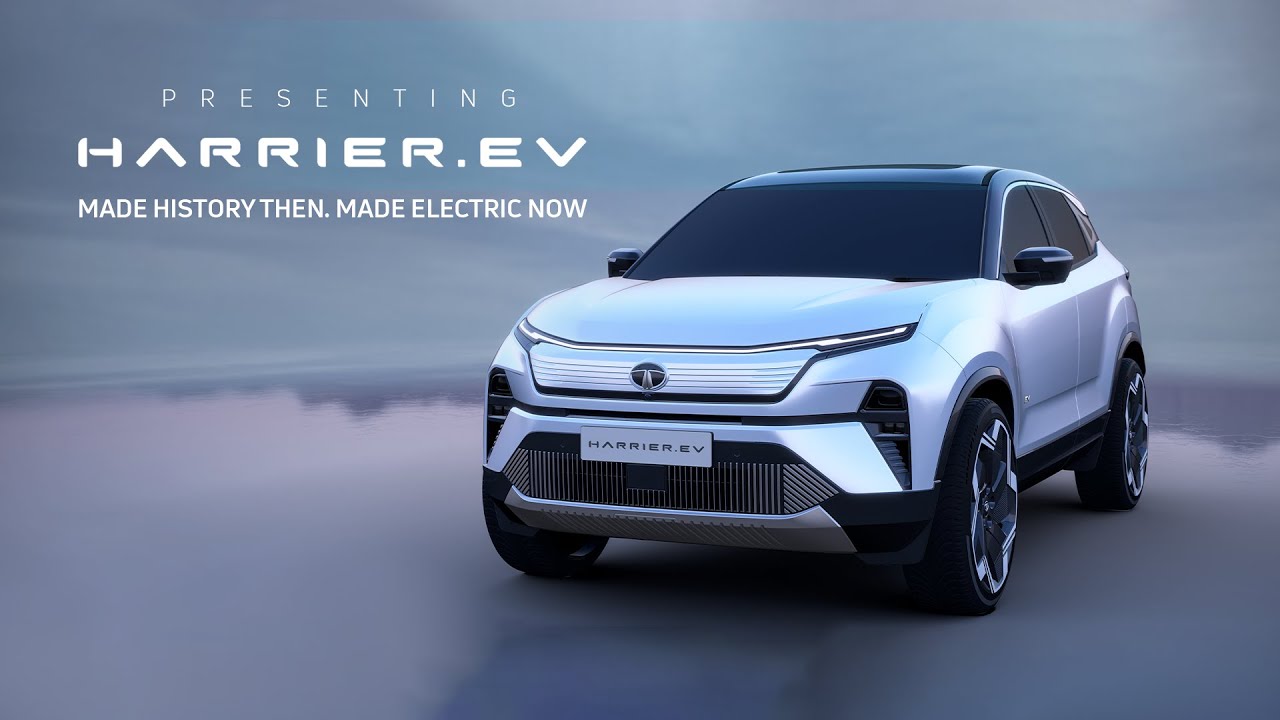Tata to make EVs at Sanand Plant from April, may launch Tata Curvv EV, Tata Harrier EV later this year
Tata Motors plans to start production of electric vehicles at the Sanand plant in April, as it is acquiring the facility from Ford India. The company will start production of the Nexon EV and plans to introduce the Curvv EV and Harrier EV. Tata Motors aims to outperform the industry, targeting 5% growth in the passenger car industry. Extending the benefits of FAME to personal electric vehicles and addressing the issue of inverted duty structure in electric vehicles is on the company's budget wish list. Tata Motors welcomes competition in the electric vehicle space and seeks to get a level playing field.

Shailesh Chandra, CEO, of Passenger Vehicles, at Tata Motors, revealed the launch schedule of the Curvv EV and Harrier EV.
When asked about the company's product portfolio, he said that the Curvv EV will be introduced in the second or third quarter of this calendar year.
“We also hope that by the end of this year, we will be able to offer the Harrier EV and the internal combustion engine (ICE) version of the Curvv,” Chandra said.
Meanwhile, Chandra revealed that the company will start manufacturing electric vehicles at its plant in Sanand, which was acquired from Ford India, in April this year. Tata Passenger Electric Mobility Ltd, a unit of Tata Motors, purchased the facility from Ford India for INR 725.7 crore in January last year.
“We are planning to start production of electric vehicles in Sanand with Nexon EV from April,” Shailesh Chandra, CEO, of Tata Motors Passenger Vehicles, said in an interview. The company has already started production of internal combustion engine versions of the Nexon at the Sanand plant, which has a production capacity of 3 lakh units per year and can be expanded to 4.2 lakh units per year.
When asked about the sales forecast for the next financial year, Chandra stated that “the passenger car industry is expected to grow by 5%. We have some launches planned, so we will aim for better growth than the industry,” he said.
Regarding the budget wish list, Chandra stressed the importance of extending FAME benefits to personal electric vehicles as it will help accelerate the growth of electrification in the country. He noted that states like Maharashtra and Gujarat saw a rise in electric vehicle sales when they offered incentives to buyers.
Chandra also highlighted the issue of inverted duty structure in electric vehicles, which the company asked to address. Speaking about giving concessions to a major US-based electric vehicle company, Chandra explained: “Our position is very simple: we are not worried about any specific competitor. Any player is welcome to participate in the electric vehicle space with an initial investment in localization or charging. He added, "We are not afraid of competition... We deal effectively with competition. All we are looking for is equal opportunities."
Also Read: EV makers pitch for comprehensive, consistent policy to enable transition